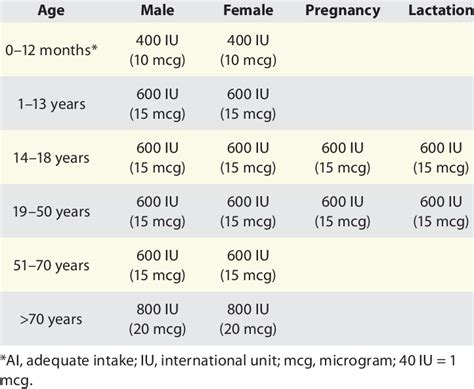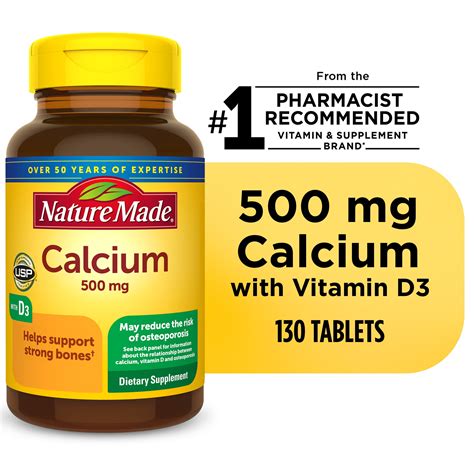What is the recommended daily intake of Vitamin D for an average adult?

Vitamin D, often dubbed the “sunshine vitamin,” is a crucial nutrient that plays a vital role in maintaining overall health. Unlike many other vitamins, Vitamin D acts more like a hormone, influencing a vast array of bodily functions. Understanding its recommended daily intake is essential for adults looking to optimize their health and prevent deficiencies.
The Importance of Vitamin D
Vitamin D is perhaps best known for its role in bone health. It helps the body absorb calcium and phosphate from the gut, which are critical minerals for building and maintaining strong bones. Without sufficient Vitamin D, bones can become brittle, leading to conditions like osteomalacia in adults and increasing the risk of osteoporosis.
Beyond bone health, Vitamin D also supports immune system function, helps regulate cell growth, and plays a part in nerve, muscle, and brain function. Research continues to uncover its broader implications for preventing chronic diseases, including certain cancers, heart disease, and autoimmune conditions.

Recommended Daily Intake for Adults
For the average adult between the ages of 19 and 70, the widely accepted recommended daily intake (RDI) of Vitamin D is 600 International Units (IU), which is equivalent to 15 micrograms (mcg). This recommendation is established by health organizations like the National Academy of Medicine (formerly the Institute of Medicine) and aims to meet the needs of most healthy individuals.
It’s important to note that these recommendations can vary slightly depending on the specific health authority and geographical location. For adults over 70, the RDI often increases to 800 IU (20 mcg), due to reduced skin synthesis capacity and potentially lower dietary intake as people age.
The tolerable upper intake level (UL) for Vitamin D in adults is typically set at 4,000 IU (100 mcg) per day, although some medical professionals may recommend higher therapeutic doses under supervision for specific conditions.

Sources of Vitamin D
There are three primary ways adults can obtain Vitamin D:
- Sunlight Exposure: When exposed to ultraviolet B (UVB) rays, our skin produces Vitamin D. However, factors like time of day, season, geographical location, skin pigmentation, and sunscreen use can significantly impact this production.
- Dietary Sources: Few foods naturally contain significant amounts of Vitamin D. Fatty fish like salmon, mackerel, and tuna are among the best natural sources. Smaller amounts are found in egg yolks, cheese, and beef liver. Many common foods, such as milk, breakfast cereals, orange juice, and yogurt, are fortified with Vitamin D.
- Supplements: For many adults, especially those with limited sun exposure or dietary intake, Vitamin D supplements are a reliable way to ensure adequate intake. These are available in various forms, including D2 (ergocalciferol) and D3 (cholecalciferol), with D3 generally being considered more effective at raising blood levels.

Factors Influencing Individual Needs
While 600-800 IU is the general guideline, individual Vitamin D needs can vary. People with darker skin tones, those living in northern latitudes, or individuals with certain medical conditions (e.g., malabsorption disorders, obesity, kidney disease) may require higher doses. It’s always advisable to consult with a healthcare professional to determine your specific Vitamin D status and ideal intake, often through a blood test measuring 25-hydroxyvitamin D levels.

Conclusion
Ensuring an adequate daily intake of Vitamin D is fundamental for the health and well-being of average adults. While sunlight is a natural source, dietary fortification and supplementation often play critical roles in meeting the recommended 600-800 IU. By understanding its importance and the various ways to obtain it, adults can take proactive steps to support their bone health, immune system, and overall vitality.









